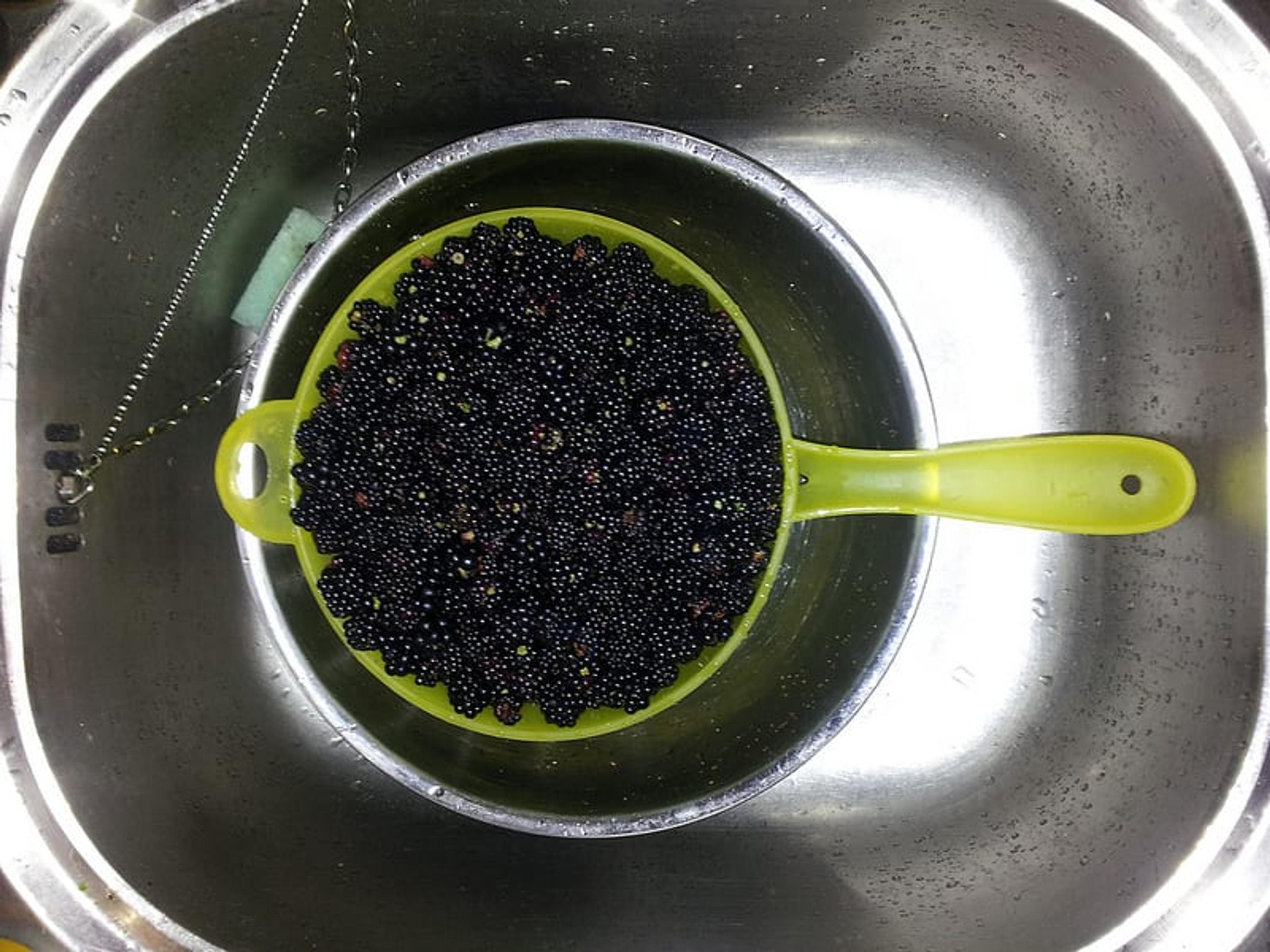Everything you need to know about washing produce
| 2 min read

There’s no doubt that fruits and vegetables are healthy and an important part of your overall diet, but they don’t necessarily arrive at your house clean of bacteria and chemicals.
That’s why it’s important to prep your produce properly. Here are some tips for cleaning fruits and veggies from the U.S. Food and Drug Administration and University of Maine Department of Food Science and Human Nutrition.
In general, wait until you’re about to eat them and then…
- First, clean the area around the produce. That includes your hands, counter tops, cutting boards and utensils. (This helps keep bacteria transferring from the outside in.)
- Cut away any bruised areas
- Rinse under plain running water. The FDA says there’s no need to use soap or a special produce wash.
- Dry produce with a clean cloth or paper towel.
For specific produce, you might need to take extra steps.
- Apples, cucumbers and other firm produce should be scrubbed well or peeled to remove the preservatives and wax on the skin.
- Throw away the outermost leaves of a head of lettuce, cabbage or herbs. The remaining leaves can be difficult to clean, so soaking them in cold water for 2 to 3 minutes helps loosen dirt.
- Throw away the tops and bottoms of vegetables, like celery, that may carry fungus and other bacteria.
- Fragile produce like raspberries, grapes and cherries should not be soaked in water. Instead, use a colander and wait to wash them until right before you eat them.
- Soft fruits, like peaches and plum, should be rinsed gently under cool water and patted dry with a paper towel or left to air dry.
- Clean root vegetables, like potatoes and carrots, with a scrub brush or peel and rinse under cool water.
- Wash the outside of melons prior to cutting. Otherwise, the knife can transfer the bacteria from the peel to the inside.
Photo credit: Jacob Whittaker





